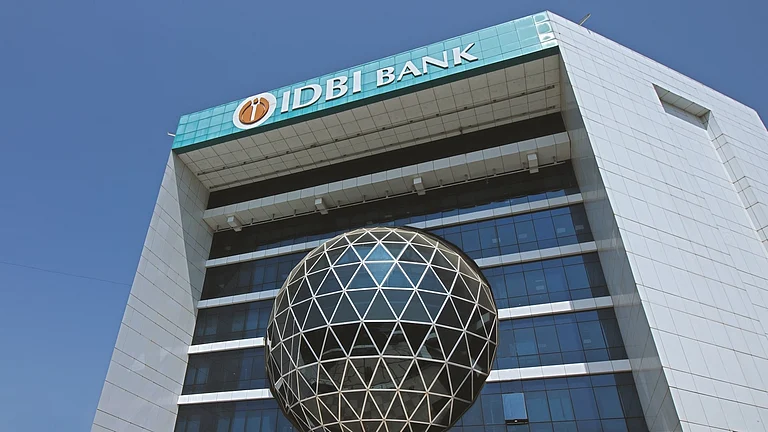The Competition Commission of India (CCI) has approved American private equity firm Warburg Pincus’s proposal to acquire nearly a 10% stake in IDFC First Bank. The clearance was granted to Currant Sea Investments, a subsidiary of the US-based firm, which had approached the regulator for approval in April.
"CCI approves the proposed acquisition of up to 9.99% of the paid-up share capital of IDFC First Bank Limited by Currant Sea Investments B.V.," the regulator posted on social media platform X.
The CCI nod comes days after IDFC First Bank shareholders rejected a proposal to induct a non-retiring board member from Currant Sea Investments.
This follows a ₹7,500 crore investment in the bank by Warburg Pincus and the Abu Dhabi Investment Authority (ADIA) via a preferential equity issue. Warburg is investing ₹4,876 crore, and ADIA ₹2,624 crore, through compulsorily convertible preference shares. Upon conversion, Warburg will hold a 9.48% stake, and ADIA 5.1%.
According to ICICI Direct, the capital infusion by Warburg Pincus and ADIA will strengthen capital adequacy from 16.4% to about 19%, enabling the bank to sustain a ratio above 20%. The capital raise is expected to be book accretive by around 2.3%.
However, last month, IDFC First Bank shareholders approved changes to the share capital and issuance of CCPs but rejected the request for a board seat—following proxy advisory firm IiAS’s recommendation to vote "no" due to the absence of a minimum shareholding threshold.
A special resolution that would have allowed Warburg Pincus affiliate Currant Sea Investments B.V. to nominate a non-retiring, non-executive director to the bank’s board received 64.1% approval—short of the 75% required.
According to the report, the primary opposition came from institutional investors, with 51.3% voting against the resolution. In contrast, retail investors largely supported the proposal, with over 98% in favour. Analysts suggest that institutional investors were concerned about granting board representation to an investor holding less than a 10% stake, fearing potential governance imbalances.

































